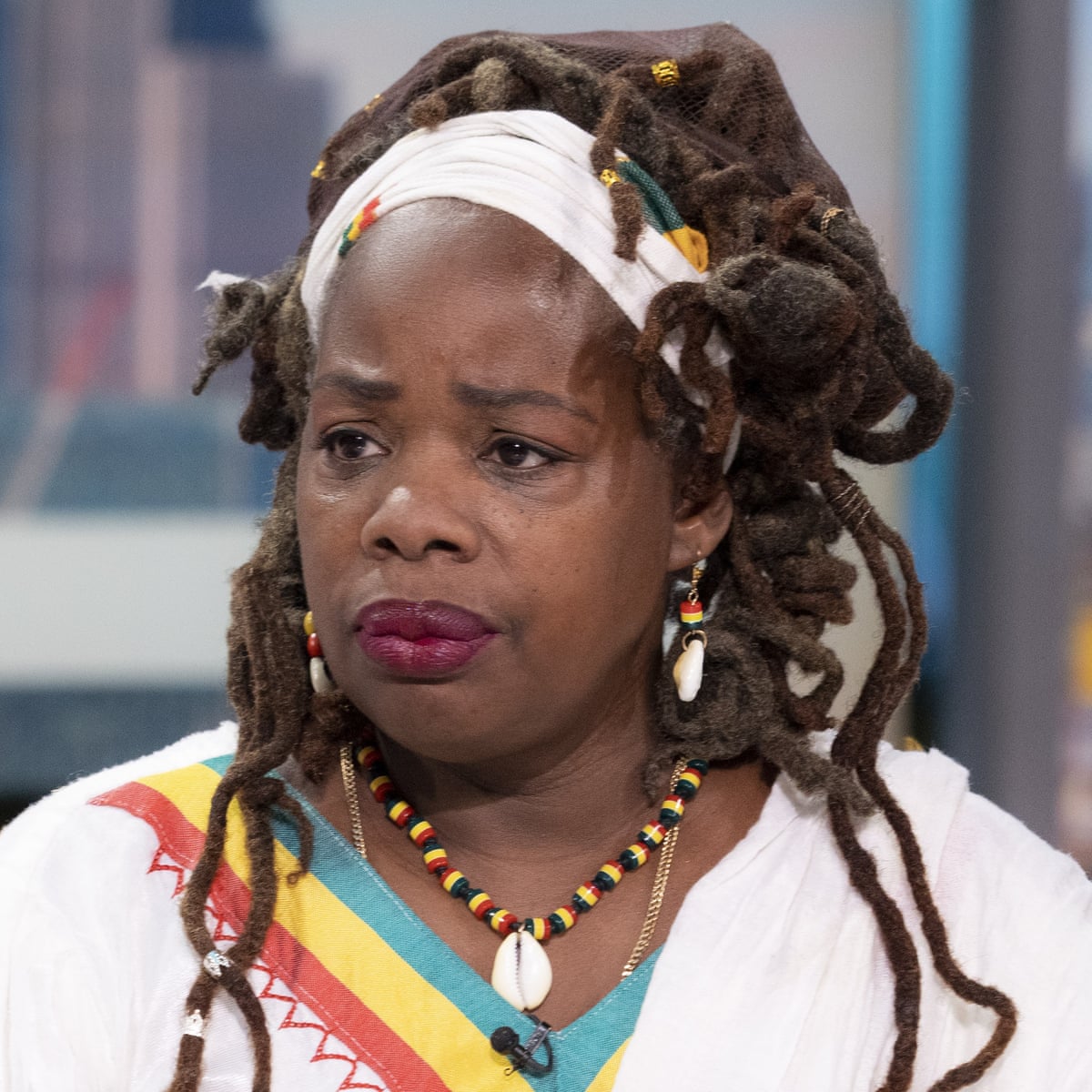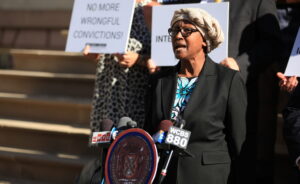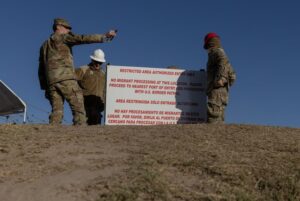
Ngozi Fulani speaks out on her encounter with an honorary member of Buckingham Place
New York — How appropriate is it to inquire about a person’s specific ethnic background, particularly if the person is of color? Many would say measuring the appropriateness of such an inquiry is circumstantial. It’s quite common for people to express genuine curiosity about someone’s heritage. Conversely, others believe inquiring about someone’s origin may cause discomfort, particularly if they are a minority ethnic group.
There are numerous reasons for this. People of African descent, for instance, may not know specifically where their ancestors were stolen from during the Trans-Atlantic slave trade. To ask an African-American person where they are “really” from is an insensitive reminder of the verity that a good deal of their heritage and identity was stolen from them due to colonization. In addition, many people identify with their “nationality” rather than their “ethnicity,” regardless of how they look. To ask someone where they are from may be seen as an affront of denial to the heritage they have chosen to embrace.
Ngozi Fulani Speaks out on Encounter at Buckingham Palace
At a Violence Against Women and Girls’ reception in Buckingham Palace, Black British charity boss Ngozi Fulani claims to have had such an encounter with the late Queen’s former Lady in Waiting Lady Susan Hussey.
Hussey has been a part of Buckingham Palace for decades and hosted an event for awareness of domestic violence issues. During the event, Hussey asked Fulani numerous times where she was from. When Fulani answered that she was from Britain, Hussey pressed further in a manner Fulani perceived to be aggressive. Fulani claims that Hussey even touched her hair without her consent. Fulani took to Twitter after the exchange to provide a detailed account of the verbal exchange that occurred between the two women.
“If you ask me a question, and I give you the answer, then that’s that. Move on to the next question,” said Fulani. “But if I give you an answer several times and you won’t accept it, then let’s acknowledge that there’s a big problem here.”
Fulani stated that Hussey’s inquiry felt like a determination to prove that she had no right to British citizenship.
Response from Buckingham Palace
The timing of this incident is interesting. The Duke and Duchess of Sussex — Prince Harry and Princess Meghan — are slated to premiere a Netflix documentary about the Royal family’s treatment of the couple and their complaints rooted in racial bias. It leaves the public to wonder if the scandal at Buckingham Palace validates her claims to a degree, if at all.
When questioned further about the incident, The Royal Palace Press stated that they had no further comment and directed us to a generic statement:
“Unacceptable and deeply regrettable comments have been made. We have reached out to Ngozi Fulani on this matter, and are inviting her to discuss all elements of her experience in person if she wishes.”
The Prince of Wales also addressed the incident, stating that “there is no place for racism in society.” That may be the ideal for many, but history indicates that there is a place for racism, as it has been embedded in British culture for some time.
Racism in Society

This week the British Guardian newspaper unearthed documents buried in the national archives, which revealed that the Queen’s courtiers banned ethnic minority immigrants and foreigners from holding clerical positions at Buckingham Palace. This occurred until the late 1960s.
The palace staunchly denies that this occurred and unapologetically referred to these documents, which were diary entries written by former employees, as “claims” from “secondhand” discussions. They declare that they are in no way linked to how the palace operates today.
But what about the Equality Act? The Equality Act in the UK was implemented for the sole purpose of shielding people from discrimination in the workplace. With the Equality Act in place, minorities had an opportunity to access employment and opportunities they may have been barred from due to their background. Unfortunately, recent investigations indicate that the place invoked a parliamentary procedure known as “Queen’s Consent” to exclude themselves from this UK legislation. It permitted the Royal Household to exclude certain peoples from various backgrounds from obtaining employment in the Palace. With indisputable proof of these employment practices happening during the lifetime of staff members like Lady Susan Hussey, there is a concern that her attitude reflects that of the British monarchy.
Conclusion
In consideration of a different perspective on the exchange, Fulani was dressed in traditional African garb during the event. Is it possible Lady Hussey was merely curious because Fulani was not dressed in traditional British clothing and proudly presented herself as an African woman? Fulani’s charity, Sistah Space, founded in 2015, also specifically provides support and refuge for women and girls of African and Caribbean heritage who have experienced domestic abuse. Since Ngozi Fulani’s heritage is crocheted into her work, is it safe to assume that Lady Hussey genuinely did not feel it was improper to inquire about her heritage? The jury of public opinion weighs its decision.
Sources
- Twitter Post
- Fulani Speaks About her Exchange
- Buckingham Palace Resignation
- Banning Ethnic Minorities from Office
For future articles from Adelola Tinbu, remember to check with the Current Affairs Times for weekly content.






